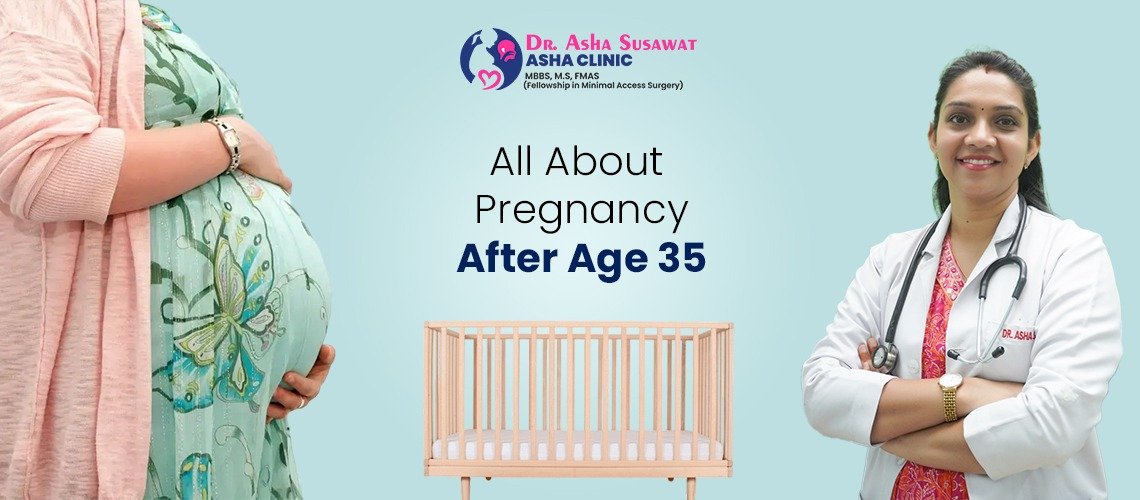Pregnancy after 35
Pregnancy after 35 can bring increased risks and challenges due to age-related factors. These include higher chances of fertility issues, such as decreased egg quantity and quality, making conception more difficult. Preexisting conditions like diabetes and hypertension are also more common, potentially complicating pregnancy. Gestational diabetes, which develops during pregnancy, and preeclampsia, characterized by high blood pressure and organ dysfunction, are more prevalent in older expectant mothers, especially those over 40.
These health conditions can lead to various pregnancy complications such as preterm birth, low birth weight, and an increased likelihood of multiple pregnancies. The latter can be a result of natural hormonal changes with age or fertility treatments, and it poses risks like premature birth and gestational diabetes. Additionally, the risk of having a baby with chromosomal abnormalities like Down syndrome is higher for older mothers.
How to reduce the risk?
To mitigate these risks, women over 35 are advised to consider certain prenatal tests. Screening tests like cell-free fetal DNA screening or maternal blood screening can assess the likelihood of birth defects, though they don’t provide definitive diagnoses. Diagnostic tests such as chorionic villus sampling and amniocentesis offer more conclusive results but also carry some risks.
To promote a healthy pregnancy, preconception preparation is crucial. This includes ensuring preexisting health conditions like diabetes and hypertension are well-managed, potentially adjusting medications to safer alternatives. Maintaining a healthy weight, taking prenatal vitamins with folic acid, and abstaining from harmful substances like alcohol, tobacco, and certain chemicals are essential steps. Regular prenatal care, including scheduled check-ups and recommended vaccinations, helps monitor both maternal and fetal health throughout pregnancy.
During pregnancy, continuing to manage any existing health conditions, gaining the appropriate amount of weight, eating a balanced diet rich in essential nutrients, and staying physically active under medical guidance are advised. Minimizing stress and environmental risks further supports a healthy pregnancy outcome.
In conclusion, while pregnancy after 35 may present more challenges, proactive healthcare measures and lifestyle adjustments can significantly enhance the chances of a successful pregnancy and delivery of a healthy baby.

